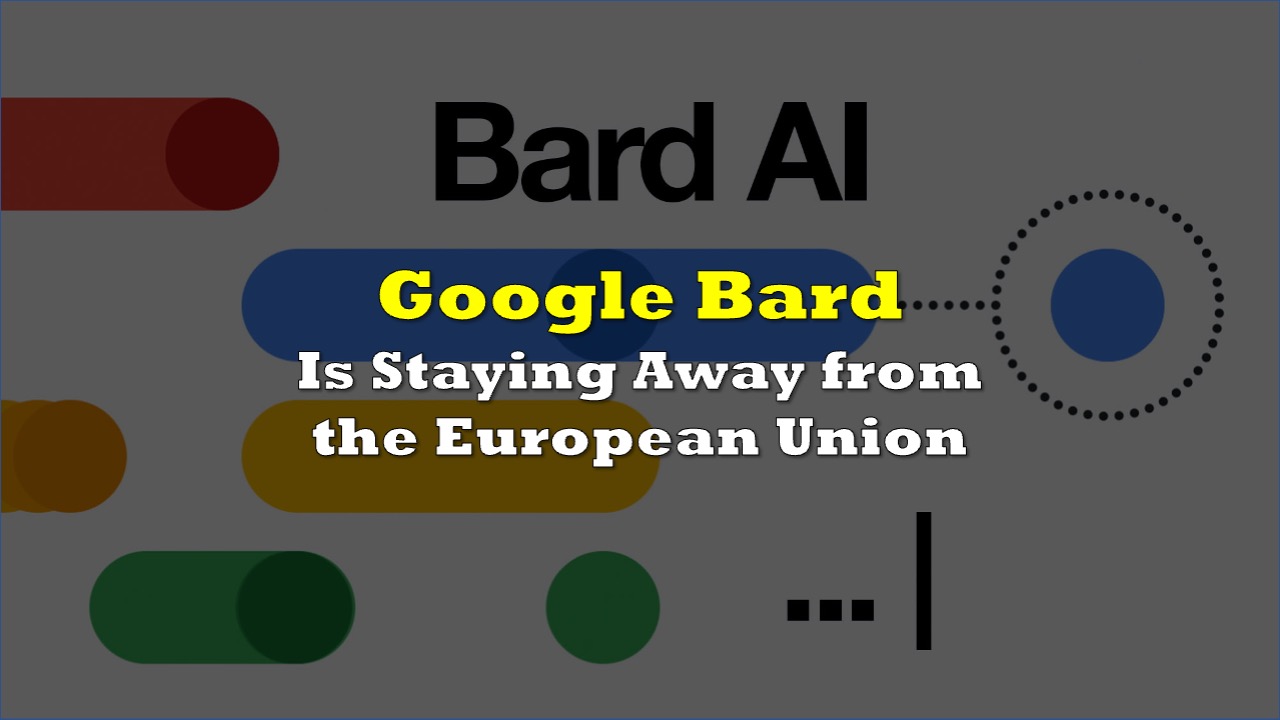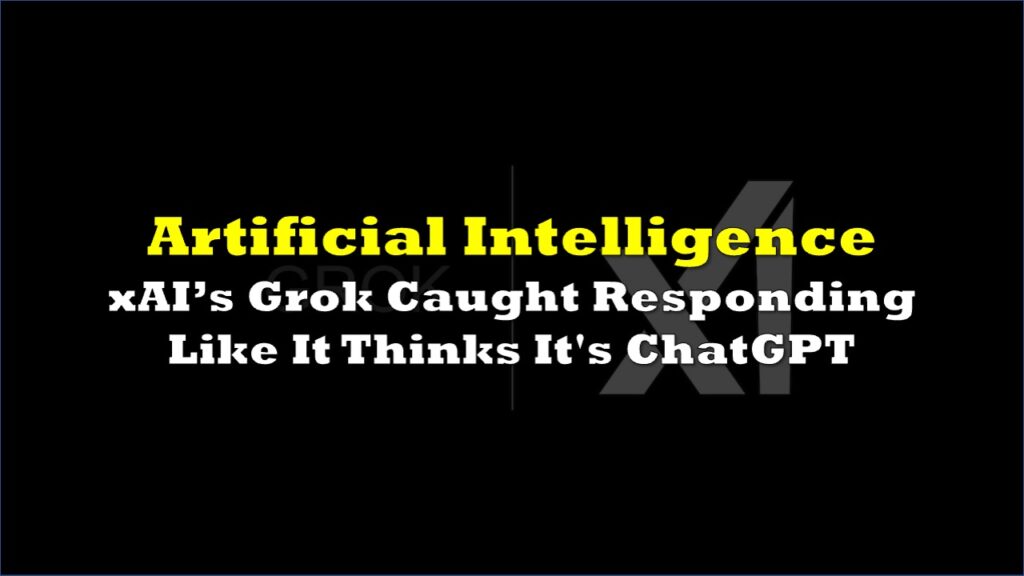Google’s parent-co Alphabet (NASDAQ: GOOGL) officially rolled out Bard, its ChatGPT-rival generative AI chatbot, at its recent I/O event and it’s now active in 180 countries.
The catch is, Google excluded the European Union (EU) from its latest rollout. The 450 million people living in the EU are currently unable to access Google Bard or any of the company’s other AI technologies.
Some experts suggest that Google may be using Bard to send a message to the EU, indicating that the bloc’s laws surrounding privacy and online safety aren’t aligned with its goals. It’s also possible that it’s because generative AI technology is fundamentally incompatible with existing and developing privacy and online safety laws in the EU.
Just before we start:
— Paul.ai (@itsPaulAi) May 11, 2023
Bard is a competitor to ChatGPT with many advantages.
→ Completely free to use
→ Connected to the internet in real time
→ Accessible in 180 countries since yesterday
As a reminder the knowledge of ChatGPT ends in 2021.
🔗 https://t.co/RABF2UYgRI
The bloc’s lawmakers are in the early stages of negotiating the AI Act which would have new rules to govern artificial intelligence, possibly further delaying the rollout of new AI tech in the region. Other companies such as Facebook parent Meta Platforms (NASDAQ: META) have also chosen not to launch generative AI tech, such chatbot BlenderBot, in the EU.
It is also possible that tech companies are trying to incentivize policymakers to soften regulation by withholding these AI products. Brando Benifei, the Member of the European Parliament (MEP) leading the talks on Europe’s new AI laws, described the exclusion of the EU from Bard’s rollout to Wired as a “big issue.”
The reason behind this exclusion is unclear, and Google has so far refused to directly comment on the matter, with Google spokesperson Delia Williams-Falokun saying only that while they “haven’t finalized the timeline for expansion plans, we will roll it out gradually and responsibly and continue to be a helpful and engaged partner to regulators as we navigate these new technologies together.”
Existing laws such as GDPR and the Digital Services Act may also be contributing to this delay. In March, Italy’s data protection agency temporarily banned OpenAI’s ChatGPT, accusing it of “unlawful collection of personal data” for not following the region GDPR rules. The ban was lifted after OpenAI agreed to a long list of concessions, including letting users delete more data from the chatbot.
The EU’s strict privacy and safety laws have caused conflicts with tech companies in the past, and this situation with Google Bard may be another example of such tensions. It remains to be seen whether Google will eventually include the EU in the rollout of its generative AI technologies or whether these technologies will remain incompatible with the bloc’s privacy and online safety laws.
For the same reasons (or speculations), Bard is also not available in Canada, Hong Kong, Iran, and Venezuela. It’s also not available in North Korea, Russia, and Syria.
Information for this story was found via Wired, Twitter, and the sources and companies mentioned. The author has no securities or affiliations related to the organizations discussed. Not a recommendation to buy or sell. Always do additional research and consult a professional before purchasing a security. The author holds no licenses.









